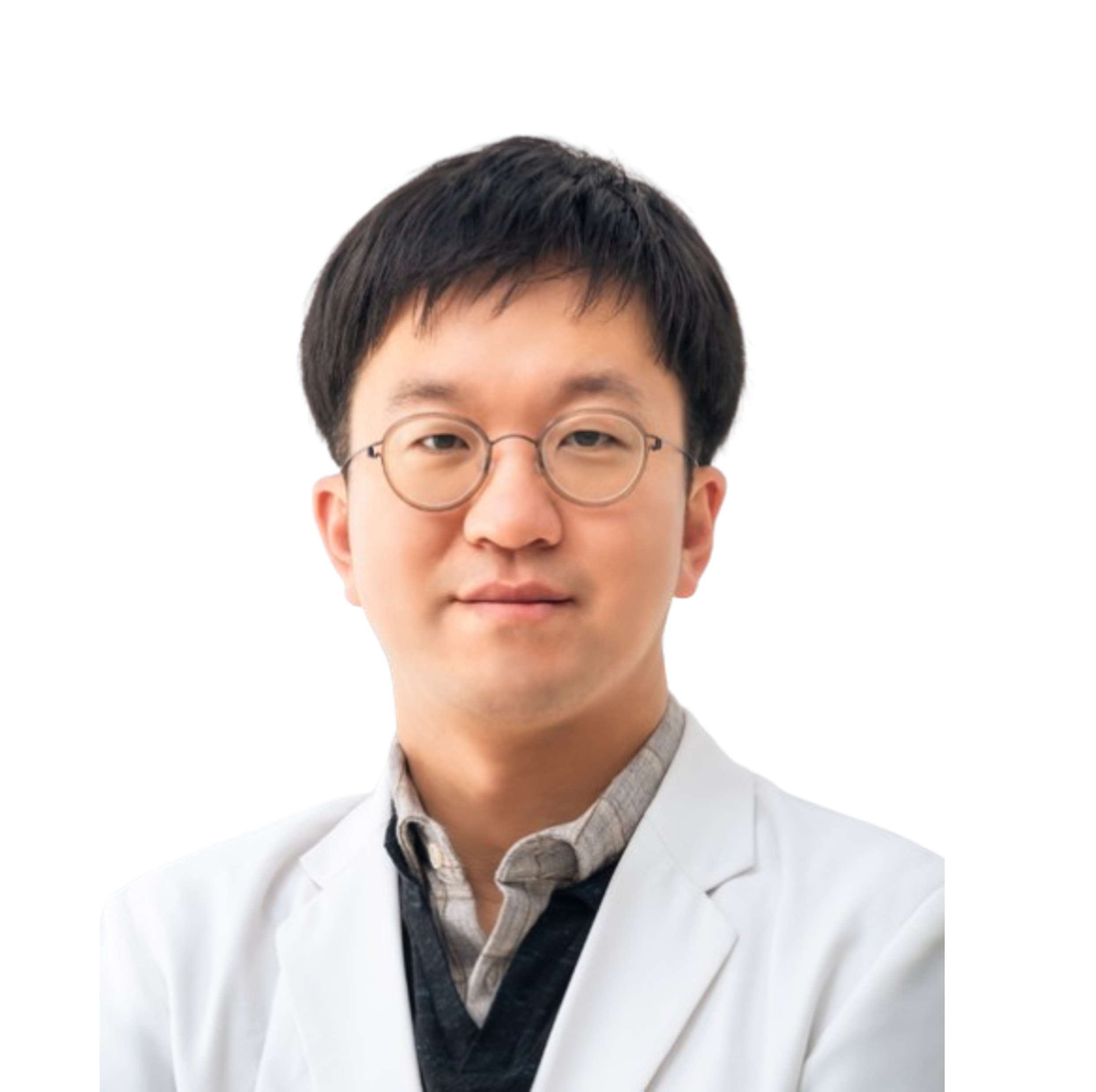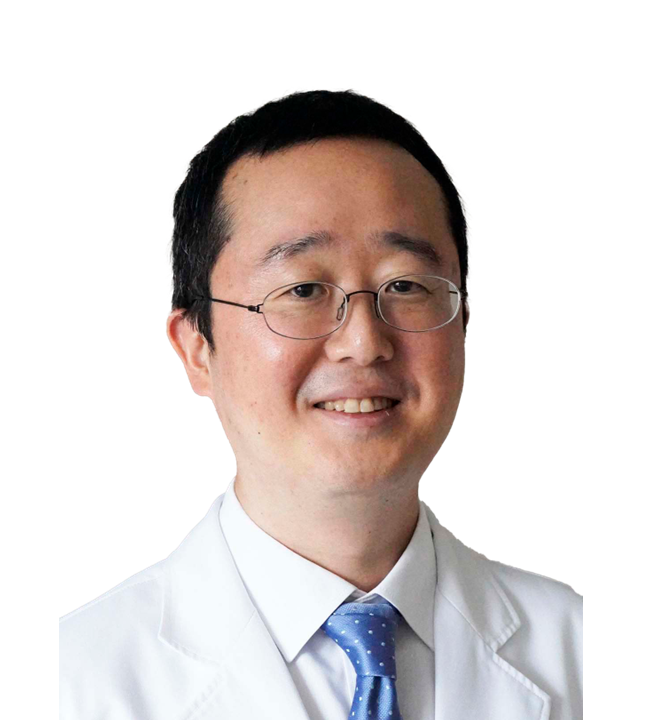Chairperson(s) : Sang-Hyun Kim (Seoul National University, Republic of Korea), Byung Jin Kim (Sungkyunkwan University, Republic of Korea)
Panel(s) : Sangwoo Park (University of Ulsan, Republic of Korea) Minjae Yoon (Seoul National University, Republic of Korea), Ki-Hyun Jeon (Seoul National University, Republic of Korea), Jung Hyun Choi (Pusan National University, Republic of Korea)
-
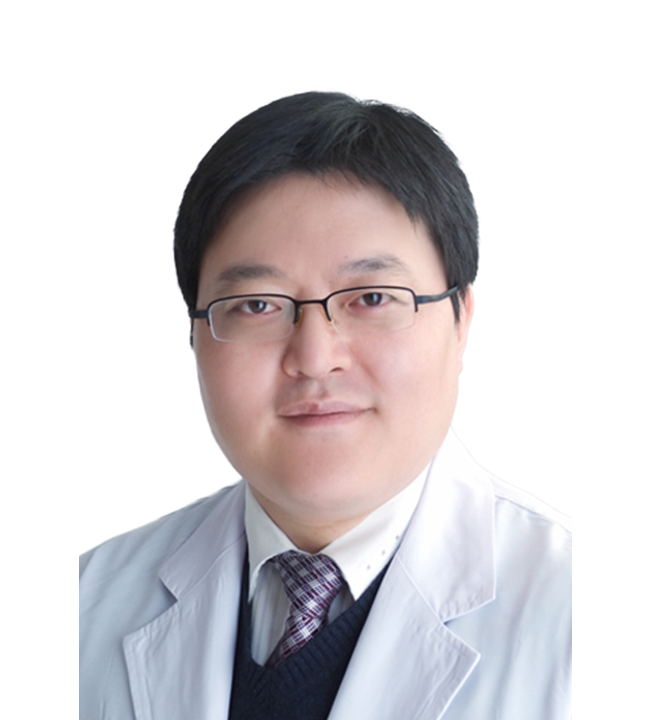
Lipoprotein(a) metabolism: unlocking its secrets
Jang Hoon Lee Kyungpook National University, Republic of Korea 13:00~13:15 -
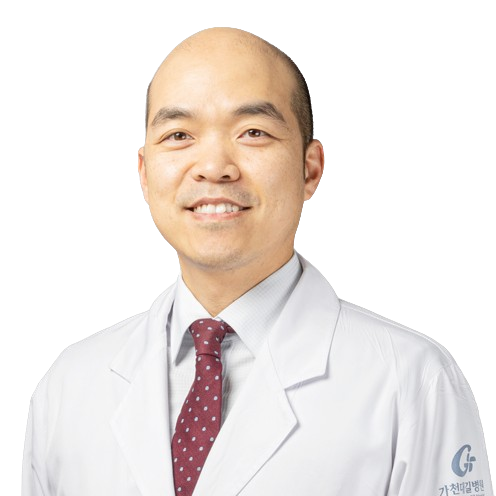
Unveiling the dark side: LP(a)-associated OxPLs and their role in fueling atherosclerosis
Youngwoo Jang Gachon University, Republic of Korea 13:15~13:30 -
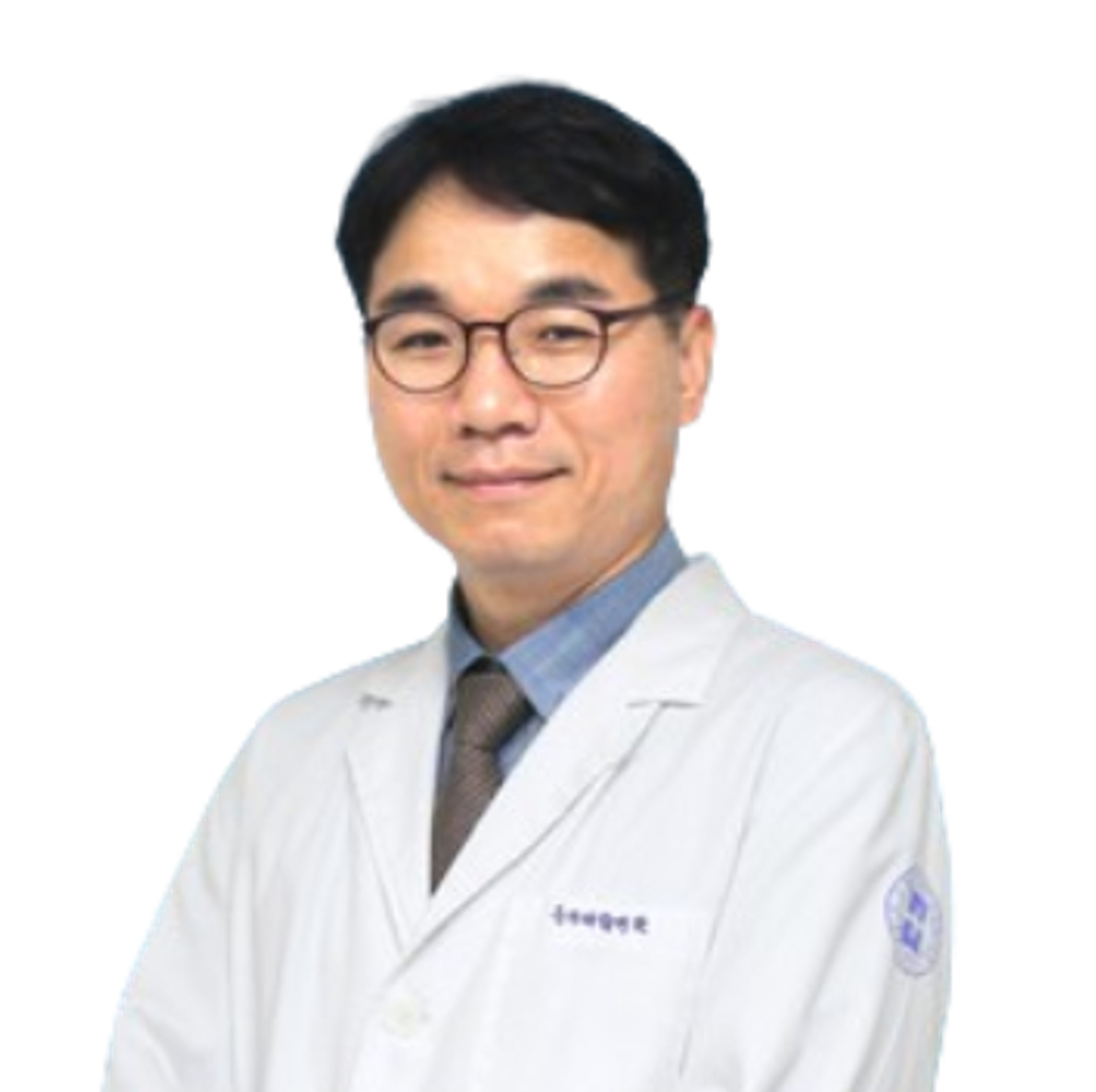
Beyond genetics: unraveling the multifaceted influences shaping LP(a) concentrations
Sang Min Park Eulji University, Republic of Korea 13:30~13:45 -
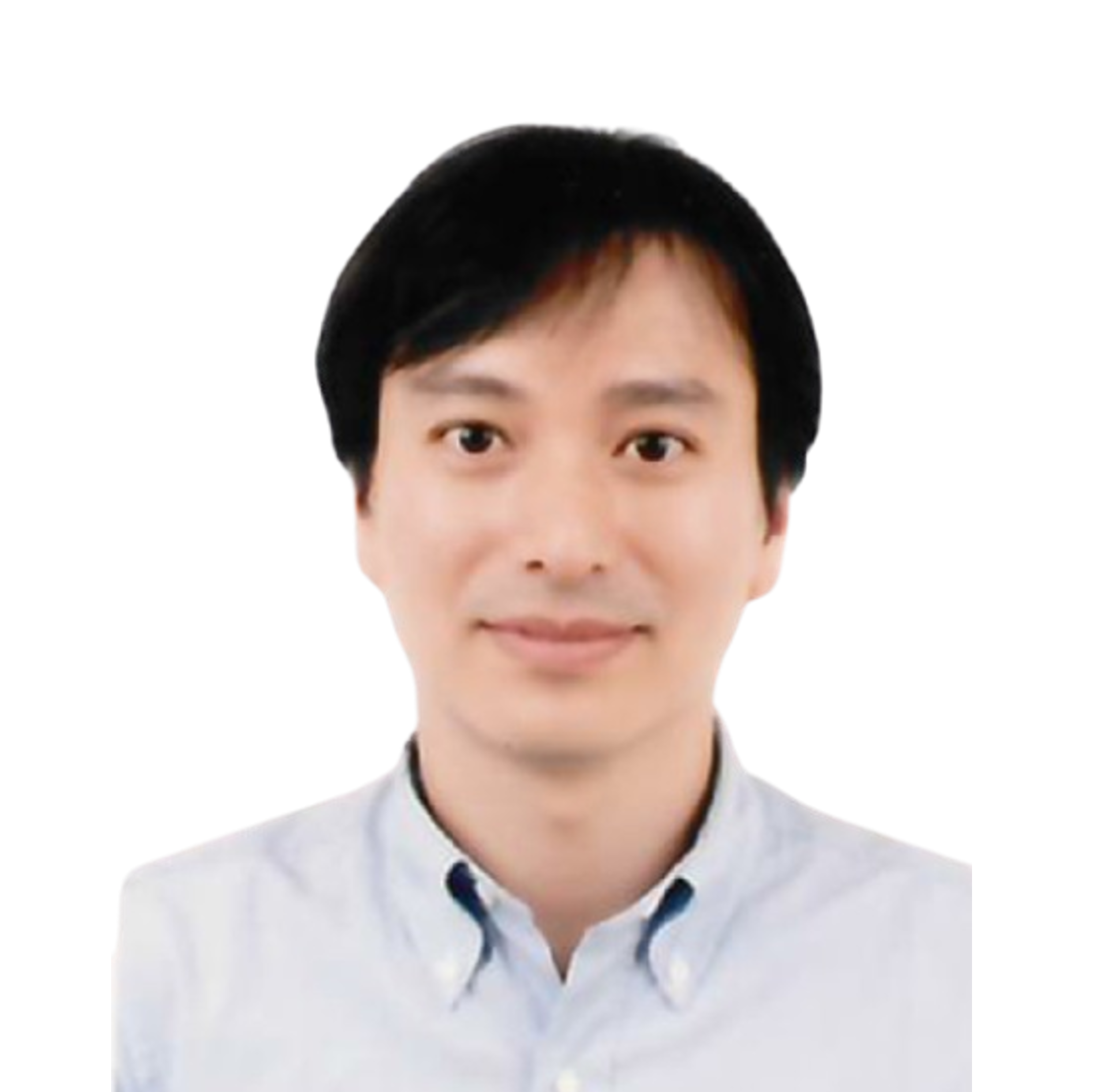
Navigating the LP(a) labyrinth: illuminating measurement challenges and methodological odyssey
Sang-Guk Lee Yonsei University, Republic of Korea 13:45~14:00 - Panel Discussion 14:00~14:30
-
Saffron extract and reverse cholesterol transport: an innovative approach to atherosclerosis therapy
Yasmin Mohd Zainal Abidin Shukri Universiti Teknologi MARA, Malaysia 14:40~14:53 -
Comparative effects of alirocumab and evolocumab on protein and gene expression in stimulated human coronary endothelial cells
Rahayu Zulkapli Universiti Teknologi MARA (UiTM), Sungai Buloh Campus, Jalan Hospital, Malaysia 14:53~15:06 -
Obesity-induced imprinting of hematopoietic stem cells exacerbates atherosclerosis progression
Shindy Soedono Soonchunhyang University, Republic of Korea 15:06~15:19 -
Cardiovascular disease risk factors are adversely altered by an isocaloric high fat diet enriched with saturated compared to polyunsaturated fat in healthy humans
Nikola Srnic University of Oxford, United Kingdom 15:19~15:32 -
HK660S (β-lapachone) ameliorates diabetic cardiomyopathy by enhancing mitochondrial function through activation of NQO1/SOD1 pathway
Bui Van Nam Physiology Department, Inje University, Republic of Korea 15:32~15:45 -
Porphyromonas gingivalis infection induces dyslipidemia; changes in hepatic, intestinal, and oral microbiota
Eun Ji Min EWHA Womans University, Republic of Korea 15:45~15:58 -
Circular RNA circSMAD4 regulates cardiac fibrosis by targeting miR-671-5p and FGFR2 in cardiac fibroblasts
Anna Jeong Chonnam National University, Medical School, Republic of Korea 15:58~16:11
Chairperson(s) : Sungha Park (Yonsei University, Republic of Korea), Eun-Jung Rhee (Sungkyunkwan University, Republic of Korea)
Panel(s) : Min Jung Lee (University of Ulsan, Republic of Korea), SungWan Chun (Soonchunhyang University, Republic of Korea), Jun Hwan Cho (Chung-Ang University, Republic of Korea)
DetailThe session "Comprehensive Cardiovascular Prevention: CAC and Beyond," joint symposium by the American Society of Preventive Cardiology (ASPC) and the Korean Society of Lipid and Atherosclerosis (KSoLA), will explore the crucial role of Coronary Artery Calcium (CAC) in the prevention of Atherosclerotic Cardiovascular Disease (ASCVD), its clinical implications, and the role of imaging in cardiovascular prevention. Professor Khurram Nasir from Houston Methodist DeBakey Heart & Vascular Center will discuss the role of CAC scoring in the prevention of ASCVD. Professor JangHoon Lee from Kyungpook National University will cover the clinical implications and limitations of CAC scoring. Additionally, Professor Sang-Eun Lee from Ewha Womans University will present on the role of imaging in cardiovascular prevention.
-
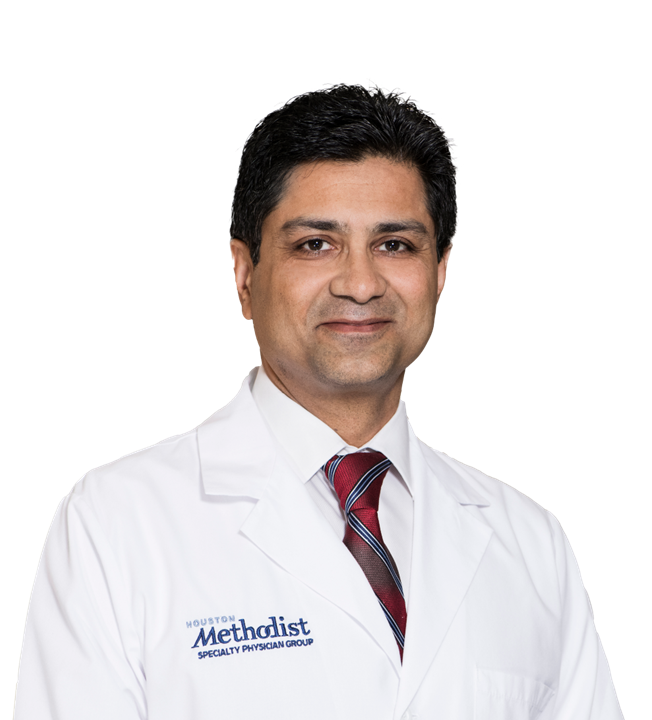
Role of CAC in prevention of ASCVD
Khurram Nasir Houston Methodist DeBakey Heart & Vascular Center, USA 16:20~16:40 -

Clinical implication and limitations of CAC testing
Jang Hoon Lee Kyungpook National University, Republic of Korea 16:40~17:00 -
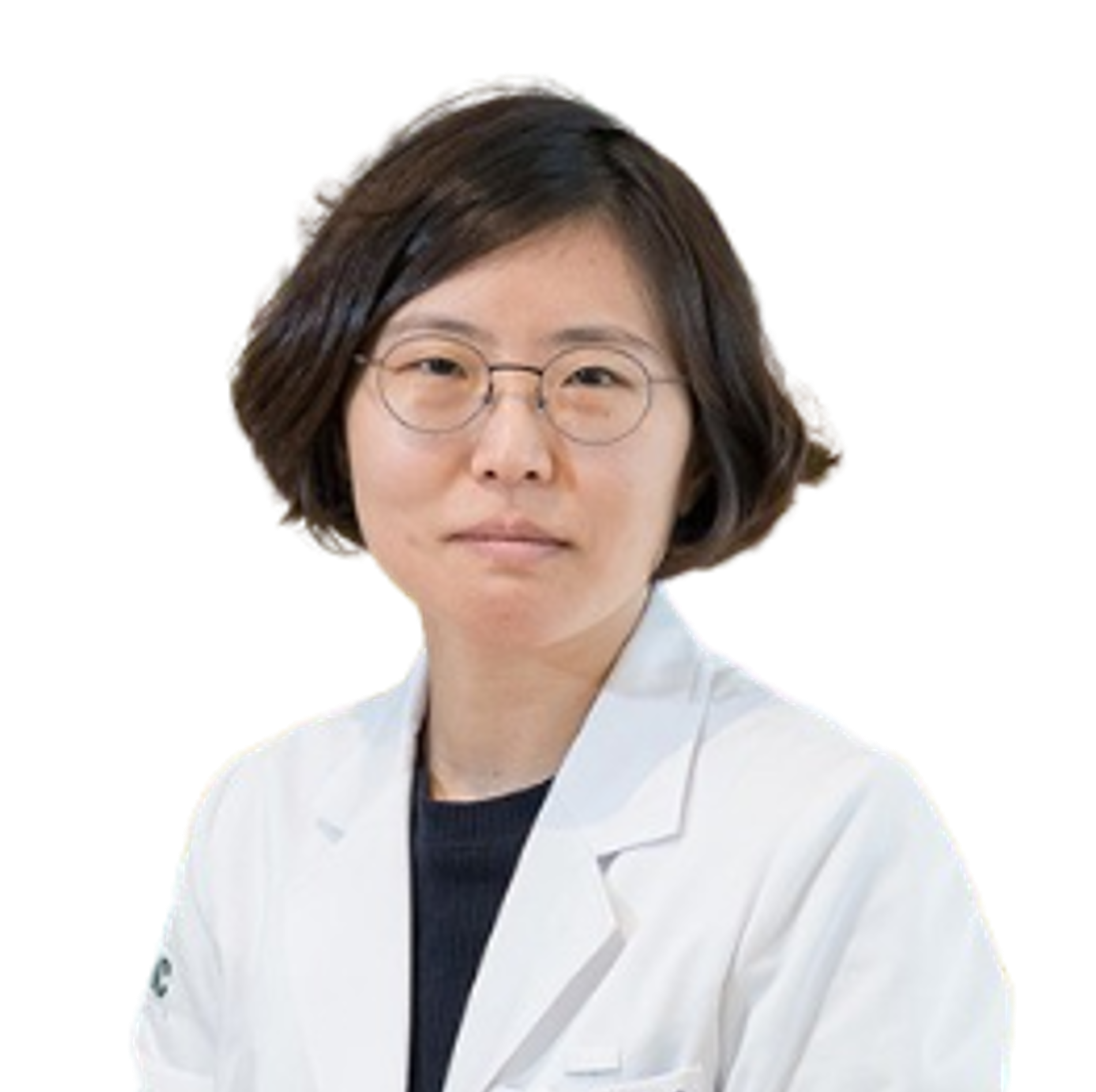
Role of imaging in CV prevention - beyond CAC
Sang-Eun Lee Ewha Womans University, Republic of Korea 17:00~17:20 - Panel Discussion 17:20~17:50
Chairperson(s) : Sang Hong Baek (The Catholic University of Korea, Republic of Korea)
Panel(s) : Minjae Yoon (Seoul National University, Republic of Korea), Yongin Cho (Inha University, Republic of Korea)
Chairperson(s) : Sang-Hak Lee (Yonsei University, Republic of Korea)
Panel(s) : Nam Hoon Kim (Korea University, Republic of Korea), Jong-Chan Youn (The Catholic University of Korea, Republic of Korea), Dong-Hyuk Cho (Korea University, Republic of Korea)
DetailNew treatments for traditional lipid markers associated with atherosclerosis, as well as for newly emerging lipid markers, are being developed. This session is designed to introduce these new treatments in the field of dyslipidemia. First, Professor Yu-Mi Kang and Professor Andre Zimerman from the Moinhos de Vento Hospital and College of Health Sciences, Brazil will present on clinical research of new agents targeting Lp(a) and TG. Additionally, Professor Kyung-Woo Park from Seoul National University College of Medicine will discuss the current status of the development of next-generation PCSK9 inhibitors. This session is expected to be very helpful in understanding the latest trends in the treatment of dyslipidemia.
-
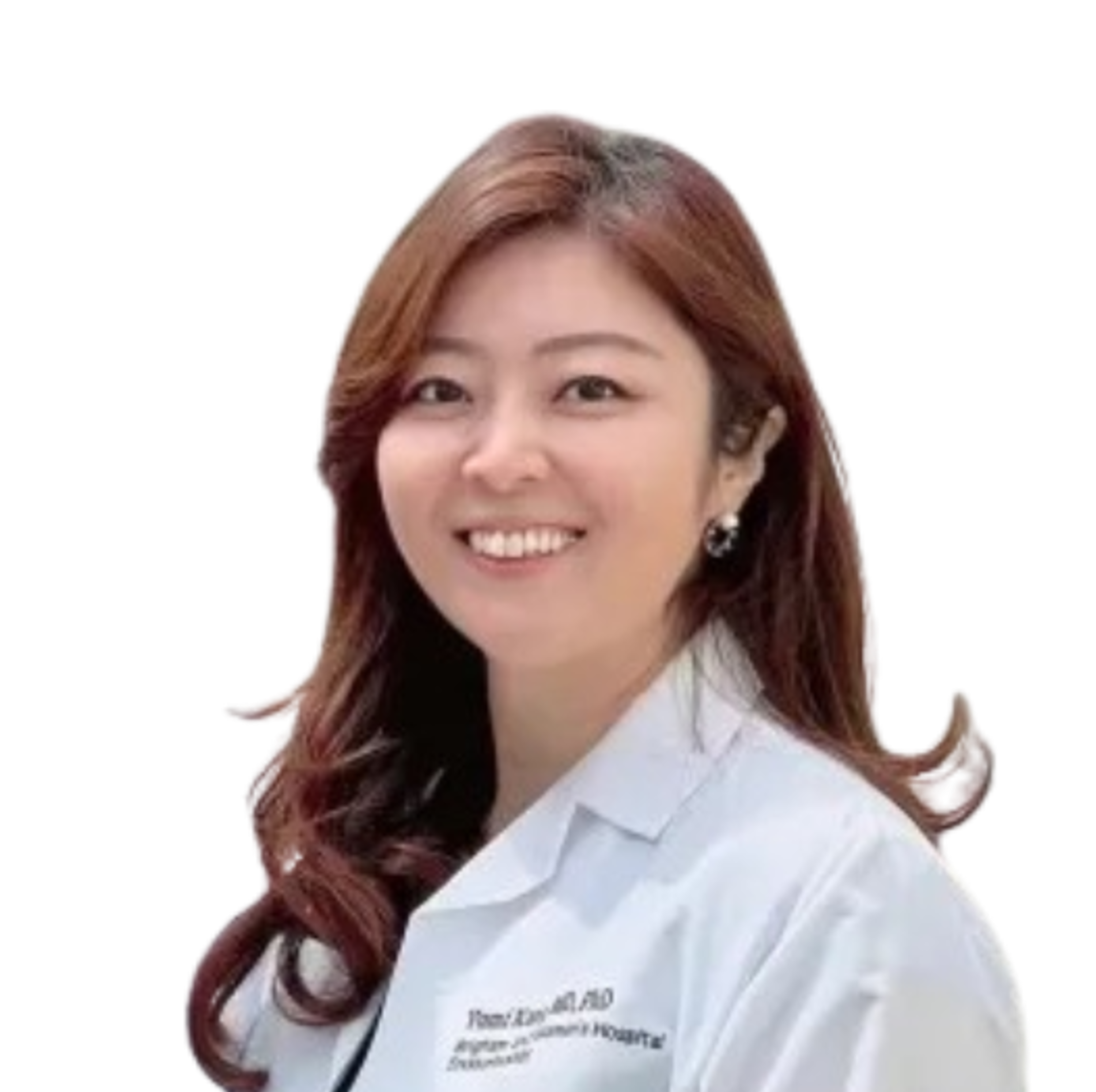
Cutting-edge LP(a)-lowering therapies: how will they impact our practice?
Yu Mi Kang Harvard Medical School/TIMI Study Group, USA 08:30~08:50 -
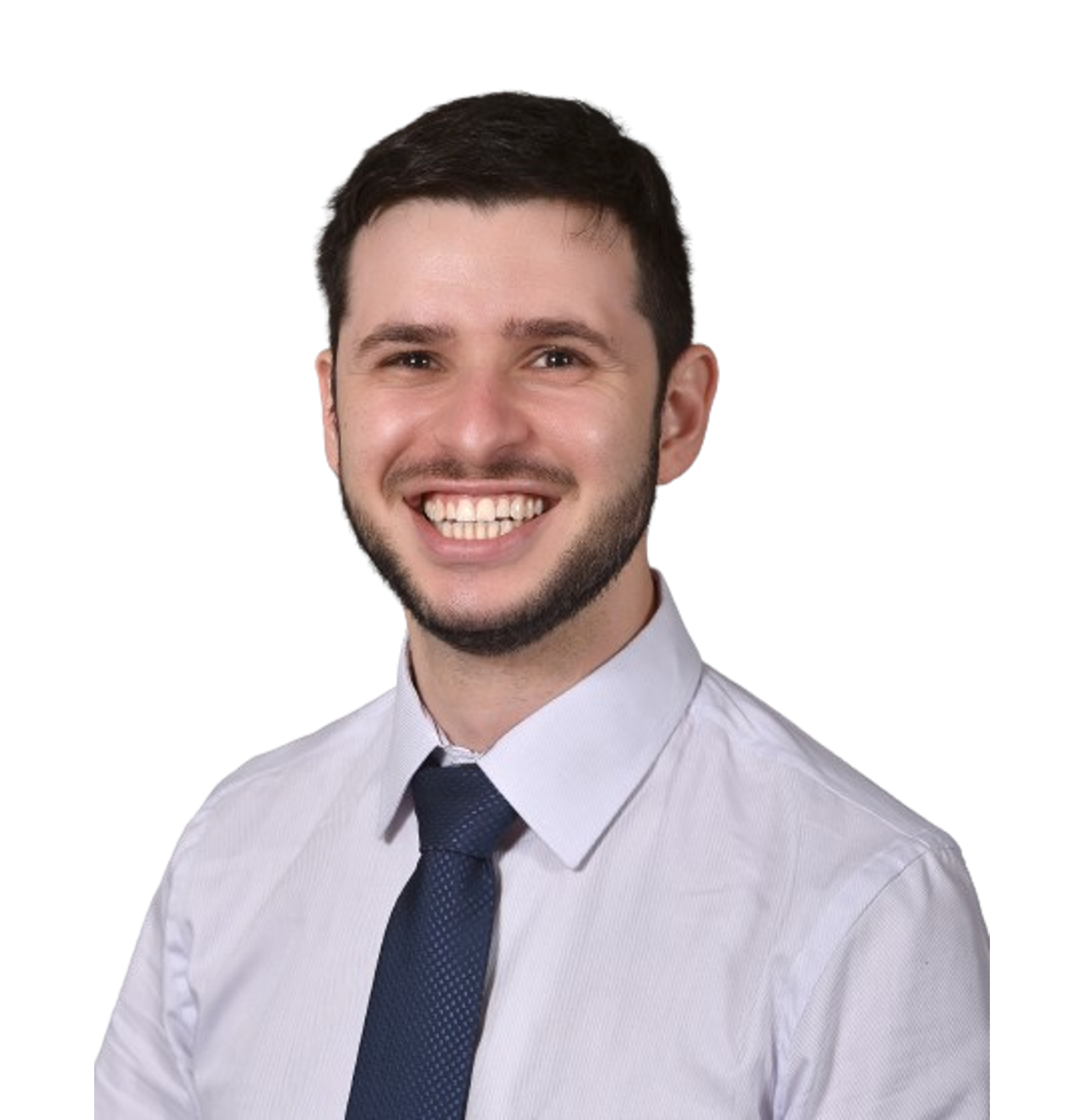
Cutting-edge triglyceride-lowering therapies: can we close the gap in hypertriglyceridemia management?
Andre Zimerman Moinhos de Vento Hospital and College of Health Sciences, Brazil 08:50~09:10 -
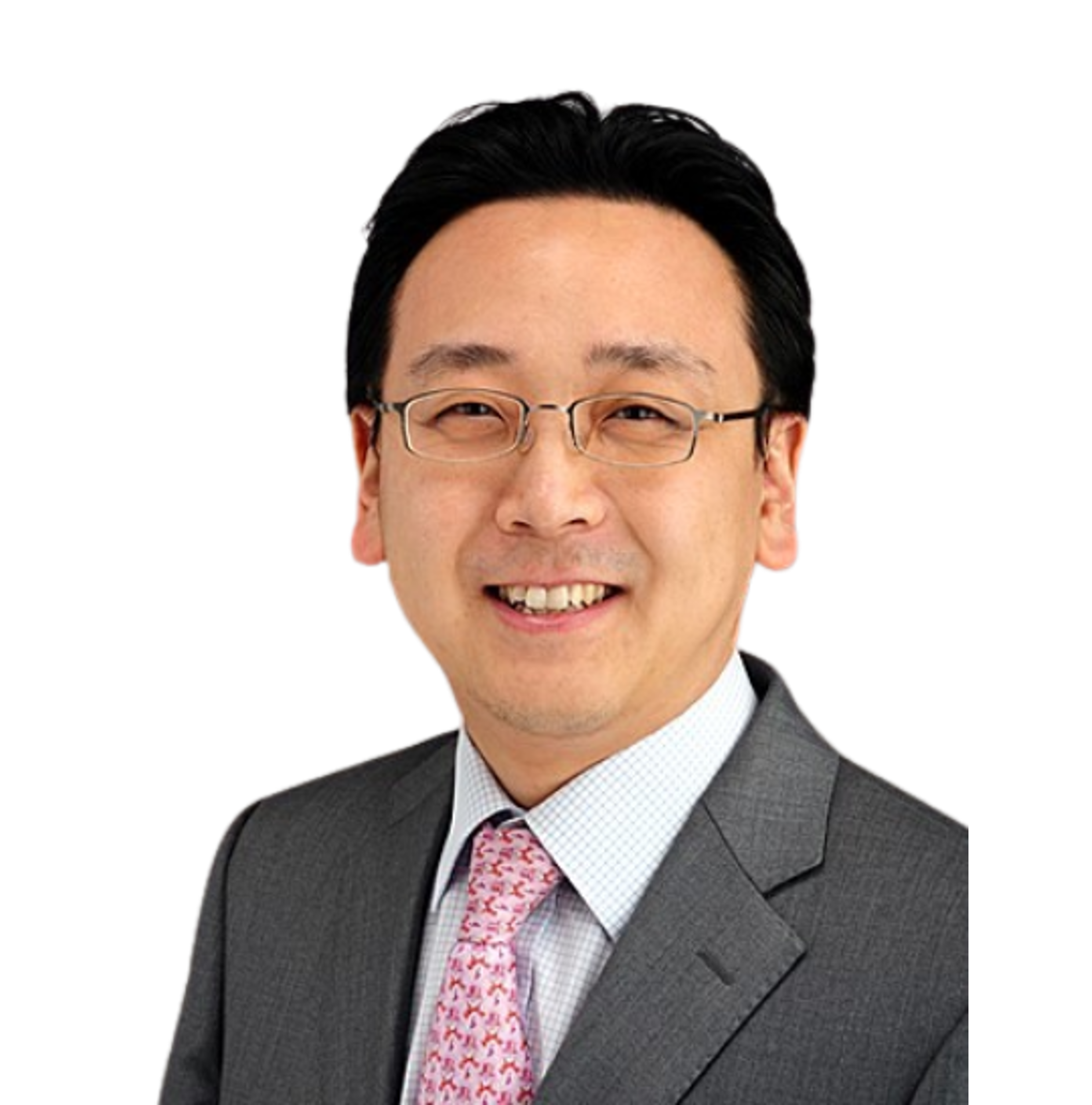
Cutting-edge LDL-lowering therapies: where will the next-generation PCSK9 inhibitors stand?
Kyung Woo Park Seoul National University, Republic of Korea 09:10~09:30 - Panel Discussion 09:30~10:00
Chairperson(s) : Ick-Mo Chung (Ewha Womans University, Republic of Korea)
DetailIn this special lecture, Professor Jae-Taek Kim, the board of directors of the Korean Society of Lipid and Atherosclerosis and a distinguished professor at Chung-Ang University College of Medicine, will present the culmination of his decades-long research. He will offer an in-depth lecture on the influence of Insulin-like Growth Factor (IGF)-1 signaling pathways on key characteristics of heart disease, including myocardial hypertrophy, cell death, aging, fibrosis, and electrical remodeling. This promises to be a highly insightful and enriching experience, shedding light on critical aspects of cardiovascular health.
Chairperson(s) : Jaetaek Kim (Chung-Ang University, Republic of Korea)
Chairperson(s) : Myung Ho Jeong (Gwangju Veterans Hospital, Republic of Korea)
Panel(s) : Inki Moon (Soonchunhyang University, Republic of Korea), Yeon-Kyung Choi (Kyungpook National University, Republic of Korea)
Chairperson(s) : YongSeek Park (Kyung Hee University, Republic of Korea), Chanbae Park (Ajou University, Republic of Korea)
Panel(s) : Jeonghan Kim (The Catholic University of Korea, Republic of Korea), Hyeongseok Kim (Chungnam National University, Republic of Korea), Chang-Myung Oh (GIST, Republic of Korea)
DetailThis session, titled "New therapeutic strategies for metabolic diseases," will explore the latest treatment strategies and research findings for metabolic diseases. Professor Véronique A. Lacombe from Oklahoma State University will present on "Cardiac-specific SERCA overexpression improves cardiac and systemic glucose metabolism during diabetes: novel therapeutic targets," highlighting innovative therapeutic targets to improve glucose metabolism. Professor Won Kim from Seoul National University will present “ADAMTS4 elicits myeloid-derived immune cell recruitment and liver fibrogenesis in metabolic dysfunction-associated steatotic liver disease,” providing the therapeutic potential of ADAMTS4 in hepatic fibrosis. Professor Il Minn from University of Texas Southwestern Medical Center will discuss "Cardiovascular toxicity induced by radiation therapy and introduction of radiopharmaceutical therapy," shedding light on the cardiovascular side effects of radiation therapy and the potential of radiopharmaceutical therapy. This session promises to provide valuable insights into the latest trends and novel approaches in the treatment of metabolic diseases.
-
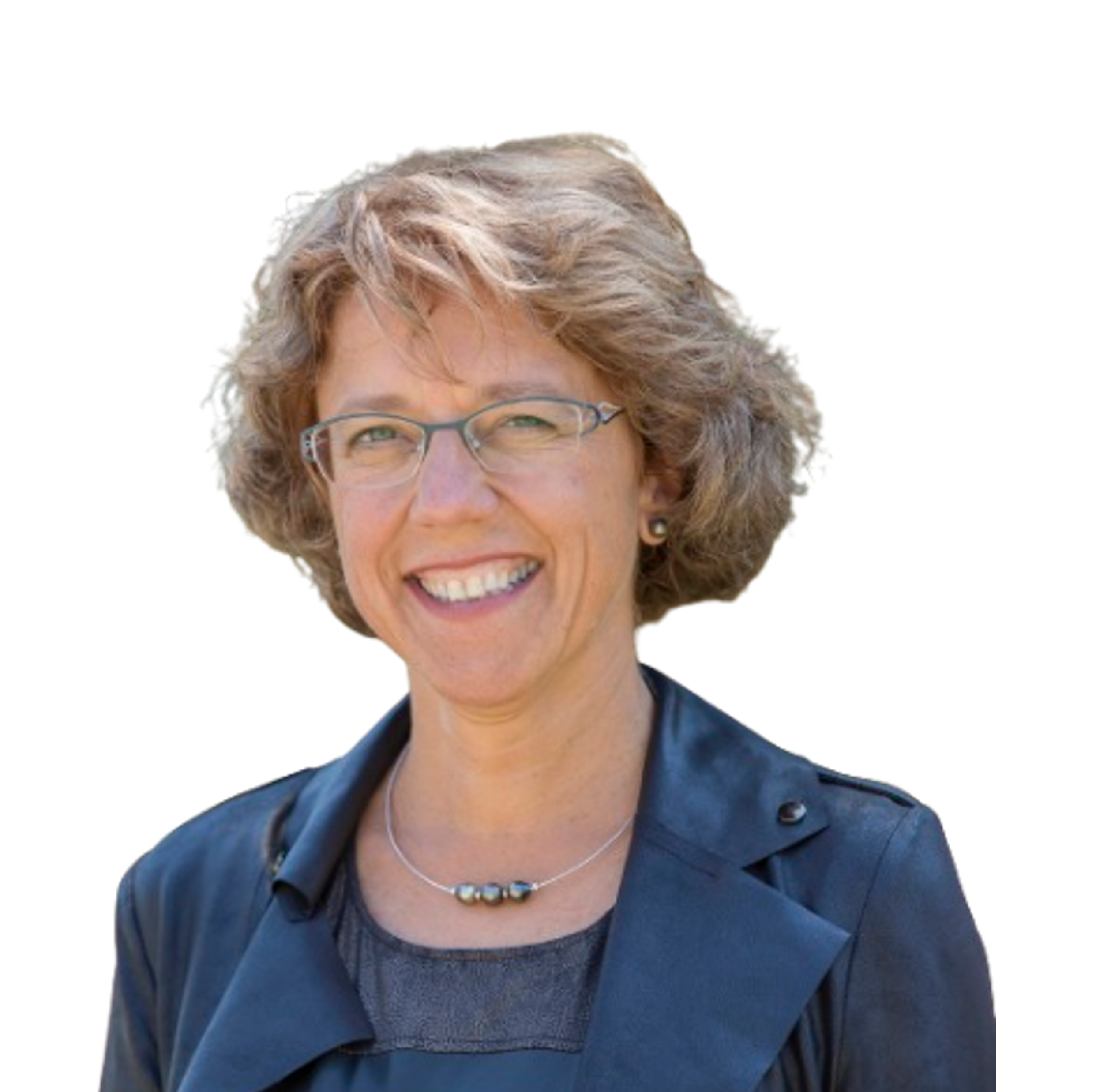
Cardiac-specific SERCA overexpression improves cardiac and systemic glucose metabolism during diabetes
Véronique Anne Lacombe Oklahoma State University, USA 13:00~13:20 -
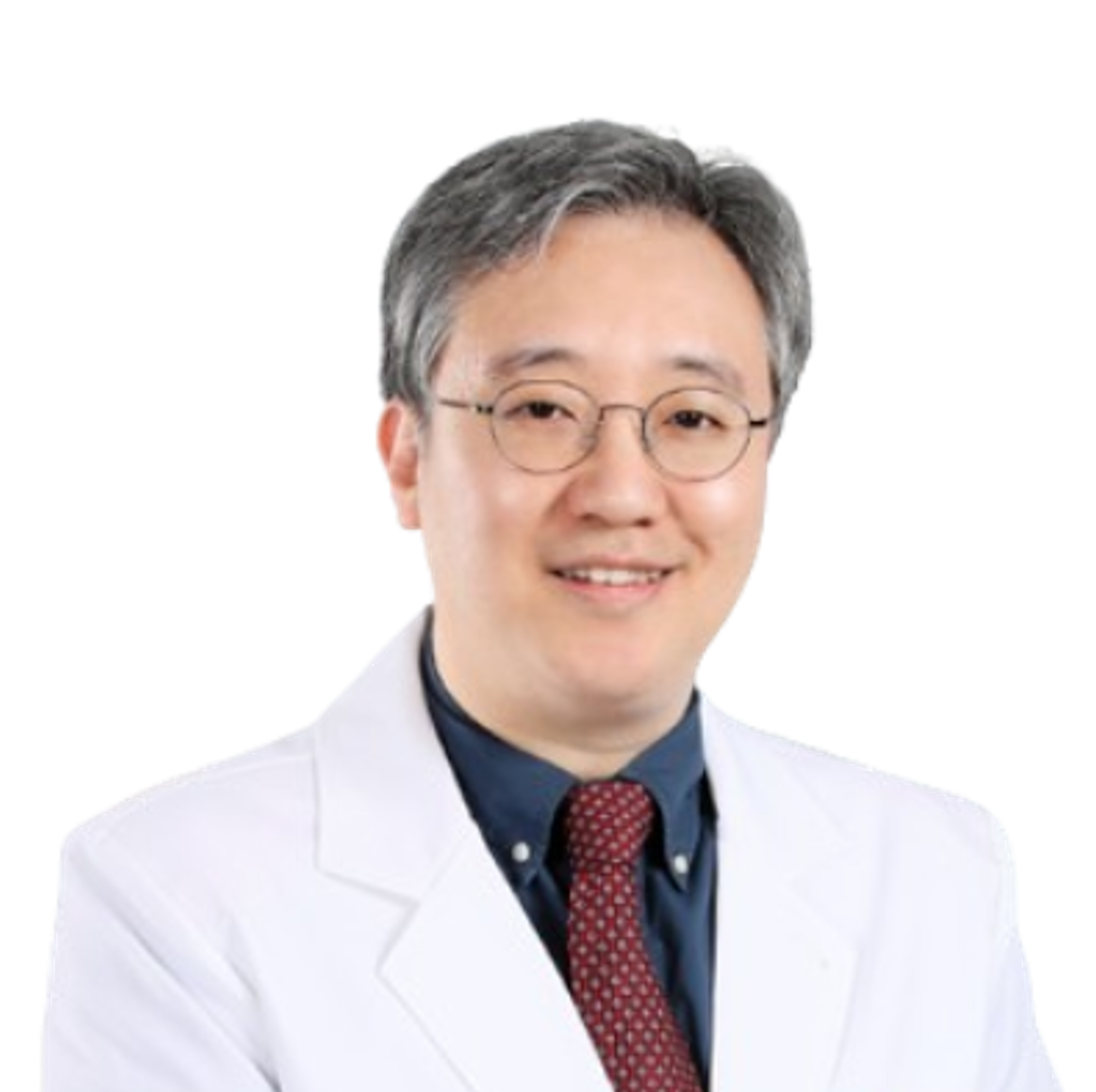
ADAMTS4 elicits myeloid-derived immune cell recruitment and liver fibrogenesis in metabolic dysfunction-associated steatotic liver disease
Won Kim Seoul National University, Republic of Korea 13:20~13:40 -
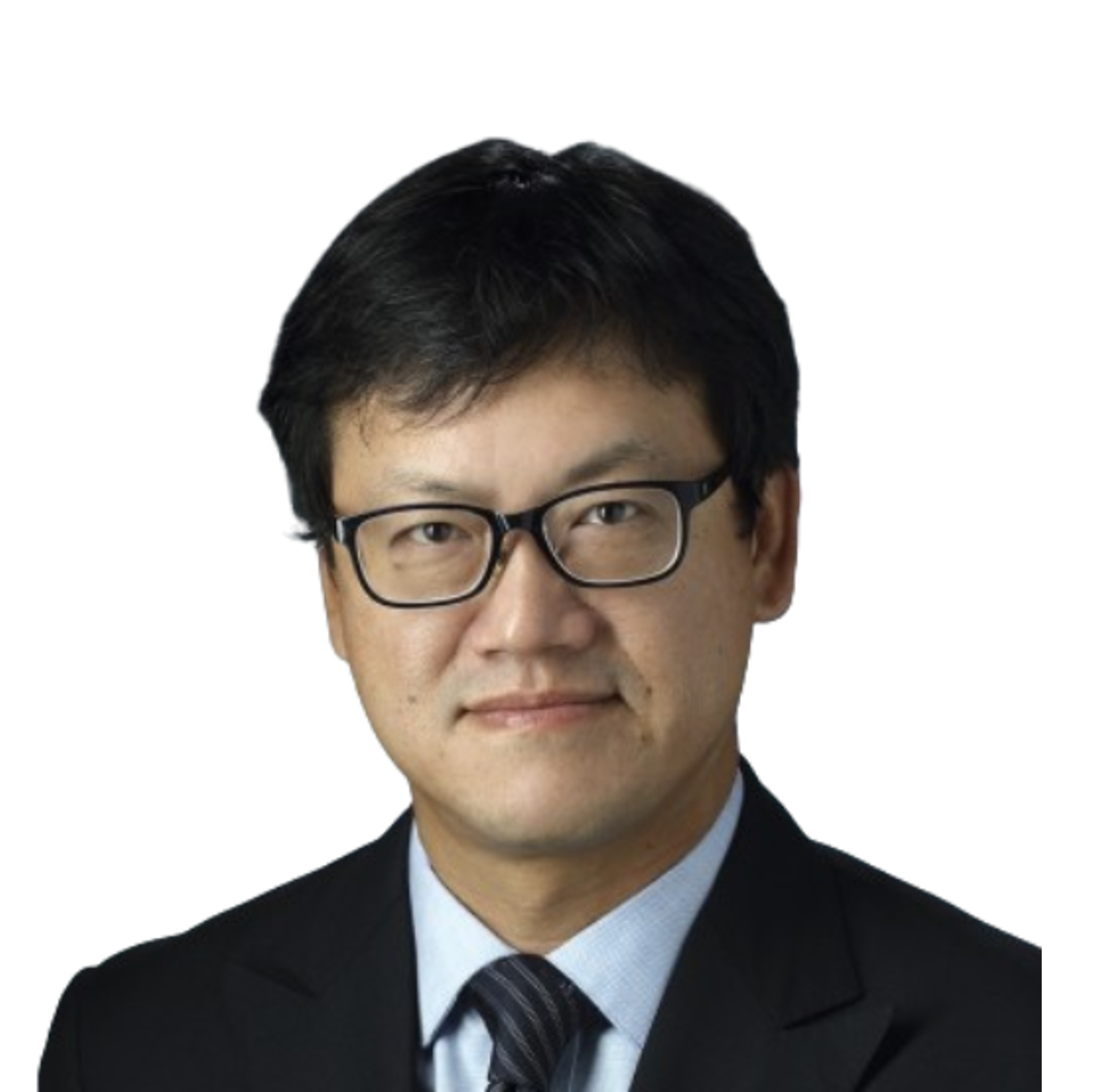
Gene and cell therapies for metabolic disease
Il Minn University of Texas Southwestern Medical Center, USA 13:40~14:00 - Panel Discussion 14:00~14:30
Chairperson(s) : Ki Hoon Han (University Of Ulsan, Republic of Korea)
DetailLipoprotein(a) is a significant genetic risk factor for cardiovascular diseases, and guidelines recommend it be measured at least once in a lifetime for all adults to assess individual cardiovascular risk. Professor Børge Nordestgaard from the University of Copenhagen will deliver a lecture in this session. Professor Nordestgaard has played a pivotal role in the recognition of lipoprotein(a) as a risk factor for cardiovascular disease, aortic valve calcification, and stenosis through his extensive research on biochemical and genetic biomarkers. His work has significantly contributed to guidelines for managing dyslipidemias, including lipoprotein(a), triglycerides, and familial hypercholesterolemia. This session will provide an overview of key findings from observational and genetic studies on lipoprotein(a) in the context of cardiovascular disease, discuss clinical applications, and explore novel therapeutic targets involving lipoprotein(a).
Chairperson(s) : Ick-Mo Chung (Ewha Womans University, Republic of Korea), Jaetaek Kim (Chung-Ang University, Republic of Korea)
Chairperson(s) : Shung Chull Chae (Kyungpook National University, Republic of Korea)
Panel(s) : Jee Hee Yoo (Chung-Ang University, Republic of Korea), Dae Young Cheon (Hallym University, Republic of Korea)
Chairperson(s) : Jung-Hyun Noh (Inje University, Republic of Korea), Byung-Wan Lee (Yonsei University, Republic of Korea),
Panel(s) : Shinae Kang (Yonsei University, Republic of Korea), Osung Kwon (The Catholic University of Korea, Republic of Korea), Dae Young Cheon (Hallym University, Republic of Korea)
DetailThe joint symposium with the Japan Atherosclerosis Society (JAS) will explore cutting-edge advancements in incretin-based multi-agonist therapies for cardiometabolic disorders. Three distinguished speakers will share their expertise on this crucial topic. Professor Yasuo Terauchi from Yokohama City University, Japan, will discuss the efficacy and safety of tirzepatide, a GIP and GLP-1 dual agonist, in type 2 diabetes. Professor Chang Hee Jung from the University of Ulsan, Republic of Korea, will delve into the implications of GLP-1/GIP therapies for atherosclerotic cardiovascular disease (ASCVD). Professor Yong-ho Lee from Yonsei University, Republic of Korea, will elucidate the potential mechanisms underlying GLP-1/GIP therapies. This session promises to provide a comprehensive overview of the latest developments in multi-agonist therapies, their clinical applications, and their potential to revolutionize cardiometabolic disease treatment.
-
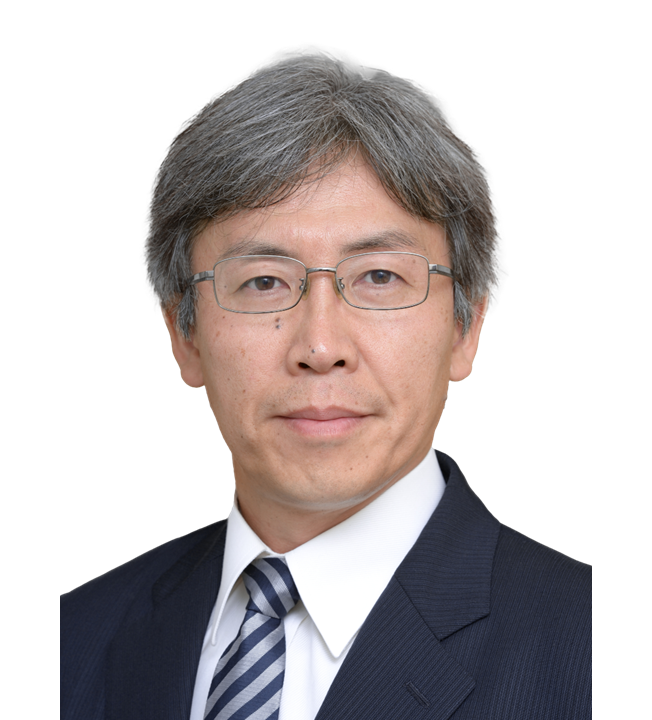
Efficacy and safety of tirzepatide, a GIP and GLP-1 dual agonist, in persons with type 2 diabetes
Yasuo Terauchi Yokohama City University, Japan 08:50~09:10 -
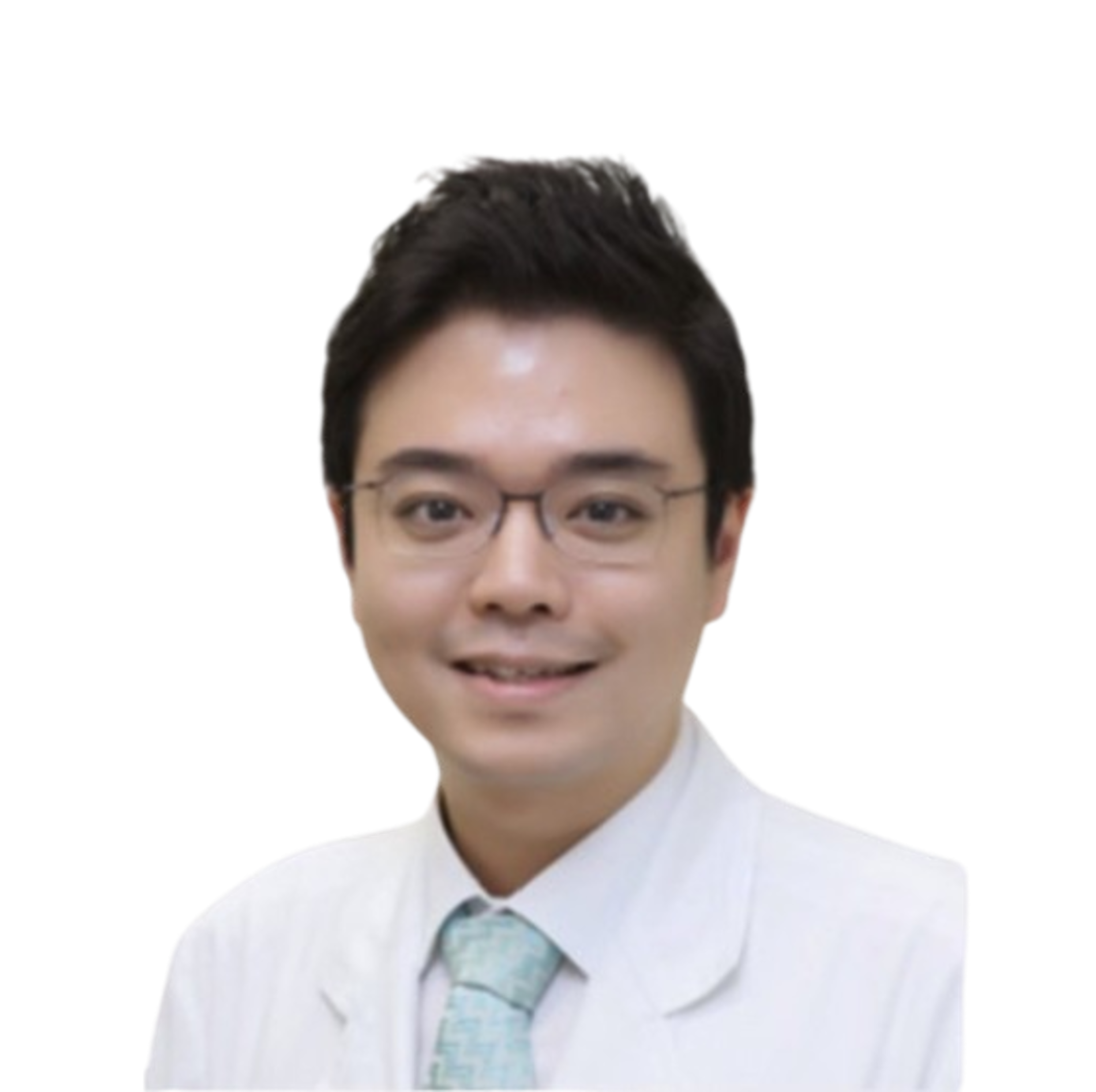
Upcoming multi-agonists for cardio-metabolic disease
Chang Hee Jung University of Ulsan, Republic of Korea 09:10~09:30 -
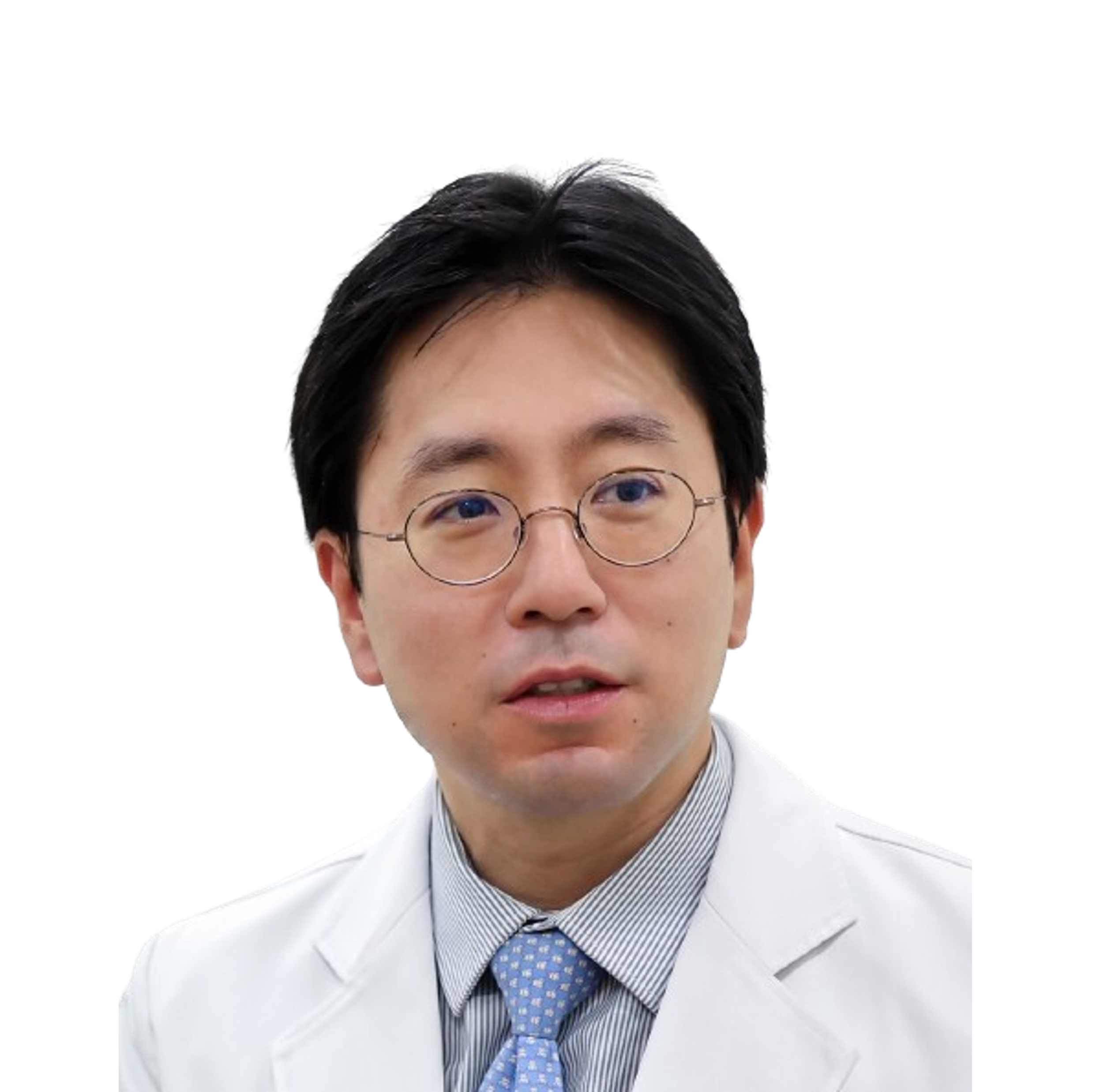
A potential mechanism of a dual GLP-1/GIP receptor agonist
Yong-ho Lee Yonsei University, Republic of Korea 09:30~09:50 - Panel Discussion 09:50~10:20
Chairperson(s) : Jin Han (Inje University, Republic of Korea)
Chairperson(s) : Sang-Hyun Kim (Seoul National University, Republic of Korea)
DetailDr. R. Scott Wright is a Professor of Medicine and a consultant in cardiology at the Mayo Clinic in Rochester. Dr. Wright focuses his research on acute coronary syndrome, dyslipidemia, type 2 diabetes, and valvular heart disease. He is a renowned international leader and an active clinical investigator of PRINCESS, CRISP and ORION programs. At ICoLA 2024, he will deliver a keynote lecture entitled, “Recent advances in the treatment of dyslipidemia with PCSK9 therapy and a look into potential new options in the next 10 years”.
Chairperson(s) : In-Ho Chae (Seoul National University, Republic of Korea)
Panel(s) : Sang-Eun Lee (Ewha Womans University, Republic of Korea), Jin Woo Jeong (Wonkwang University, Republic of Korea)
Chairperson(s) : Jeongseon Kim (National Cancer Center, Republic of Korea)
DetailIn this special lecture, Professor Sung Nim Han from Seoul National University will deliver a lecture on the topic "Dissecting dietary approaches targeting lipid biomarkers." Professor Han, former president of the Korean Nutrition Society and the Korean Society of Clinical Nutrition, will systematically explore the impact of various dietary factors on lipid biomarkers. The lecture will include in-depth discussions on how dietary management affects lipid biomarkers in the bloodstream, contributing to a deeper understanding of its positive and negative impacts on health. Moreover, Professor Han will share insights based on extensive research experience and discuss future clinical application potential and vision.
Chairperson(s) : Byung Jin Kim (Sungkyunkwan University, Republic of Korea), Young Joon Hong (Chonnam National University, Republic of Korea)
Panel(s) : Je Sang Kim (Bucheon Sejong Hospital, Republic of Korea), Ye Seul Yang (Seoul National University, Republic of Korea), Hye Jin Yoo (Korea University, Republic of Korea)
DetailThe joint symposium with the Taiwan Society of Lipids & Atherosclerosis (TSLA) will delve into the pivotal role of remnant cholesterol in the statin era. We will explore its impact on cardiometabolic health, cardiovascular disease, and treatment options, with a focus on Asian populations. Professor Jun Hwa Hong from Eulji University will begin with "How does remnant cholesterol related to cardiometabolic multimorbidity" highlighting the links between remnant cholesterol and various cardiometabolic conditions. Next, Dr. Donna Shu-Han Lin from Shin Kong Wu HoSu Memorial Hospital will present "Epidemiologic evidence of hypertriglyceridemia or remnant cholesterol on cardiovascular disease" providing key epidemiological insights. Finally, Professor Youngwoo Jang from Gachon University will discuss "Treatments targeting remnant cholesterol or hypertriglyceridemia in Asians: do we have an option?" offering a detailed analysis of therapeutic strategies for Asian patients. Join us to gain a comprehensive understanding of remnant cholesterol in contemporary cardiovascular care.
-
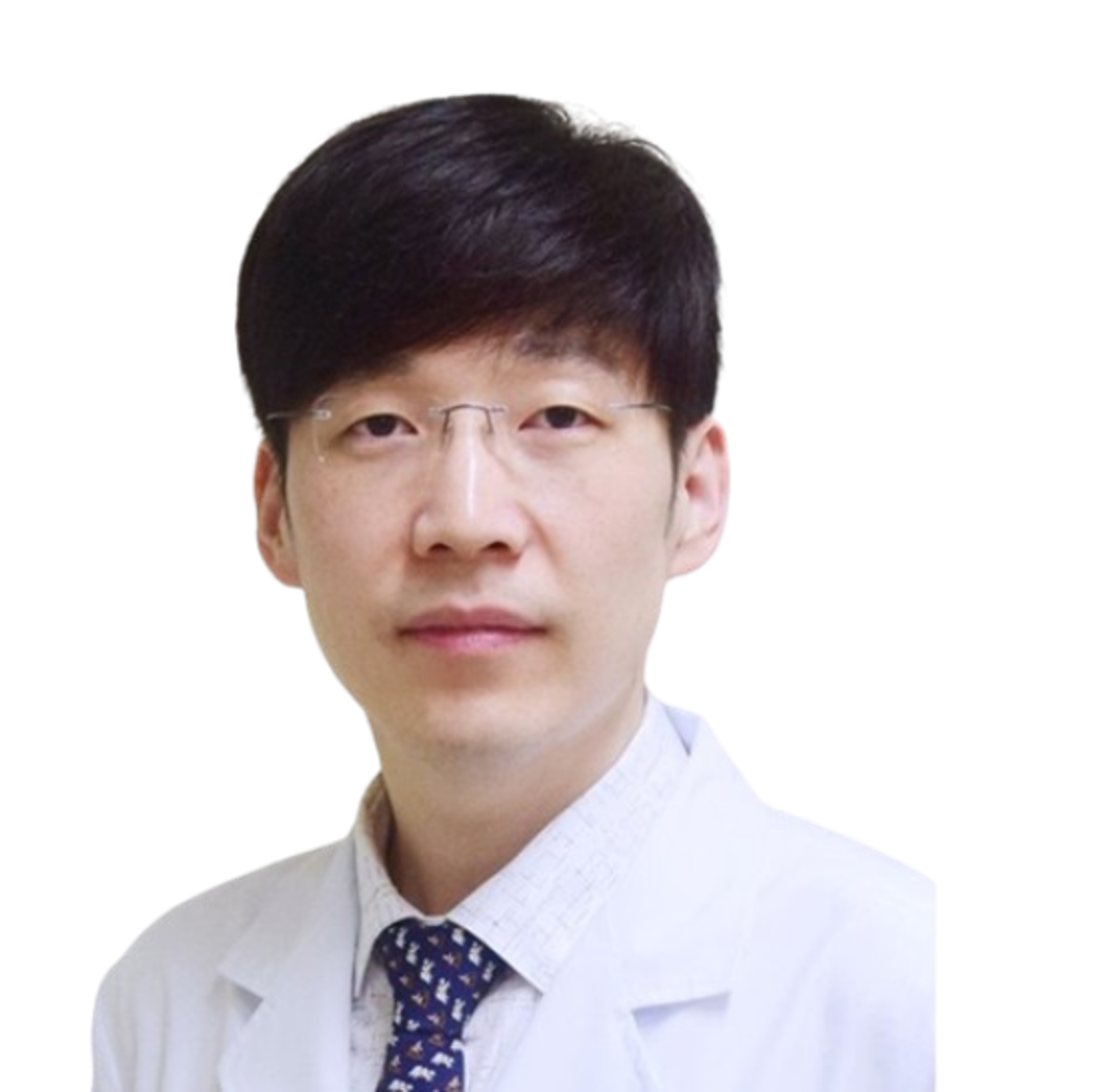
How does remnant cholesterol related to cardiometabolic multimorbidity
Jun Hwa Hong Eulji University, Republic of Korea 15:40~16:00 -

Epidemiologic evidence of hyper TG or remnant cholesterol on CVD
Donna Shu-Han Lin Shin Kong Wu Ho-Su Memorial Hospital, Taiwan 16:00~16:20 -

Treatments targeting remnant cholesterol or hyperTG in Asians: do we have an option?
Youngwoo Jang Gachon University, Republic of Korea 16:20~16:40 - Panel Discussion 16:40~17:10




